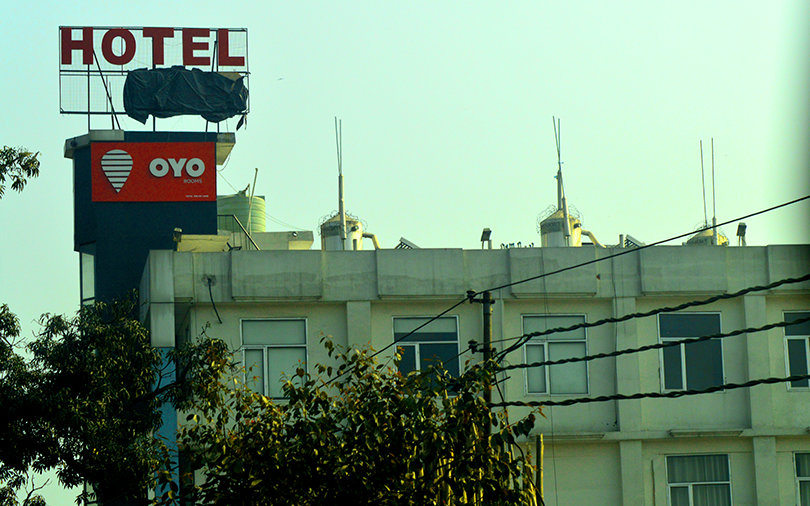
The mystery over the supposed acquisition of rival Zo Rooms by budget hotel chain OYO deepened on Friday with both sides making divergent claims.
Earlier in the day, OYO issued a statement saying it had called off the acquisition talks with Zo Rooms. But Zo later claimed OYO had acquired its entire business in March 2016 and was now abandoning its contractual obligation.
“In late-2015, OYO had explored a potential acquisition of Zo Rooms. The non-binding term sheet for this deal already stands terminated in September 2016. Following this, we tried to identify potential value in their business, but could not reach an outcome. We can now confirm that OYO has ended all discussions on the matter,†OYO, run by Oravel Stays Pvt. Ltd, said in an emailed statement.
Zo Rooms refuted the claim made by OYO and said its business had been acquired by the budget hotel chain in March last year. “As a matter of clarification, Zo states that OYO is resiling from the contractual terms after acquiring the entire ZO Rooms business by March 2016. This is not an act in good faith.â€
Asserting that it had taken a serious view of the matter, a Zo Rooms spokesperson said the company “will take all steps to protect its interests and enforce its rightsâ€.
In February 2016, OYO’s lead investor SoftBank had announced in an earnings presentation that it had bought Tiger Global-backed Zo Rooms. But an official announcement was never made by either companies.
Zo Rooms had last raised funding in July 2015, when US-based Tiger Global and Mumbai-based Orios Venture Partners invested an undisclosed amount. Media reports, however, had put it at $32 million (Rs 209 crore).
Zo Rooms was founded by Paavan Nanda, Tarun Tiwari, Abhishek Bhutra, Akhil Malik, Chetan Chauhan and Siddharth Janghu. It was an online budget hotel brand operating in Delhi-NCR, Mumbai, Bengaluru, Noida, Pune, Gurgaon, Jaipur and Jodhpur. The low-budget hotel chain enabled its users to book rooms via mobile application.
Even though it was seen as a tough rival for OYO, Zo Rooms' losses were mounting. From Rs 1.9 crore loss in 2014-15, it made a wider loss of Rs 77.4 crore in 2015-16, according to VCCEdge, the data research arm of VCCircle. Revenue surged 10 times during the period.
OYO was founded in 2012 by then 17-year-old Ritesh Agarwal. OYO Rooms is the economy brand in the marketplace model while Townhouse, which was launched in January, is a managed hotel brand positioned as a friendly neighbourhood accommodation. The firm operates in 230 cities in India, Malaysia and Nepal.
In September, OYO had raised $250 million (Rs 1,600 crore) in a Series D round led by existing Japanese investor SoftBank Group. OYO had said in a statement that its other existing investors Sequoia Capital India, Lightspeed Venture Partners and Greenoaks Capital had also invested in that round. Hero Enterprises had joined the round as a new investor.
OYO narrowed its losses for 2016-17 to Rs 325 crore from Rs 496 crore in the previous fiscal year. While it did not disclose its revenue figures for the financial year, the hotel aggregator said its gross booking value run rate had risen to $400 million, annually, in the quarter ended June 2017.
The Times of India had recently reported that the company will be valued at $850 million after its latest funding round.
According to VCCEdge, OYO was valued at $396-400 million in 2015, when it had raised $100 million from SoftBank.
Subsequently, in August 2016, it had raised another $90 million in a round led by SoftBank. According to the filings with the Registrar of Companies, its share price was 3.5% higher than the 2015 transaction, taking its post-money valuation to a little over $500 million.
OYO competes with Treebo and FabHotels, besides online travel service providers, such as MakeMyTrip and Yatra, which have also entered the hotel aggregation segment.
Treebo Hotels had recently raised $34 million in a Series C round led by Hong Kong-based investment firms Ward Ferry Management and Karst Peak Capital.